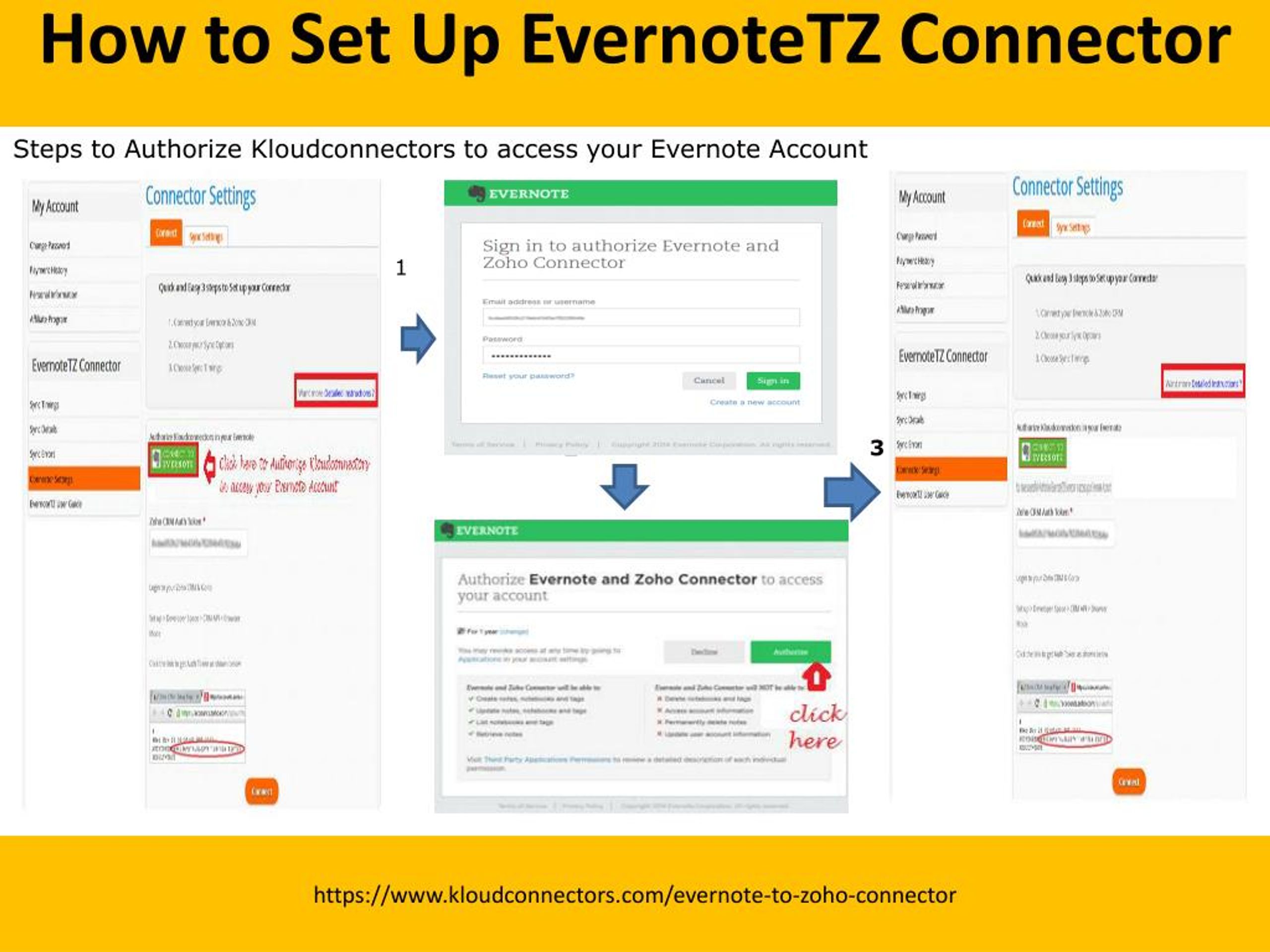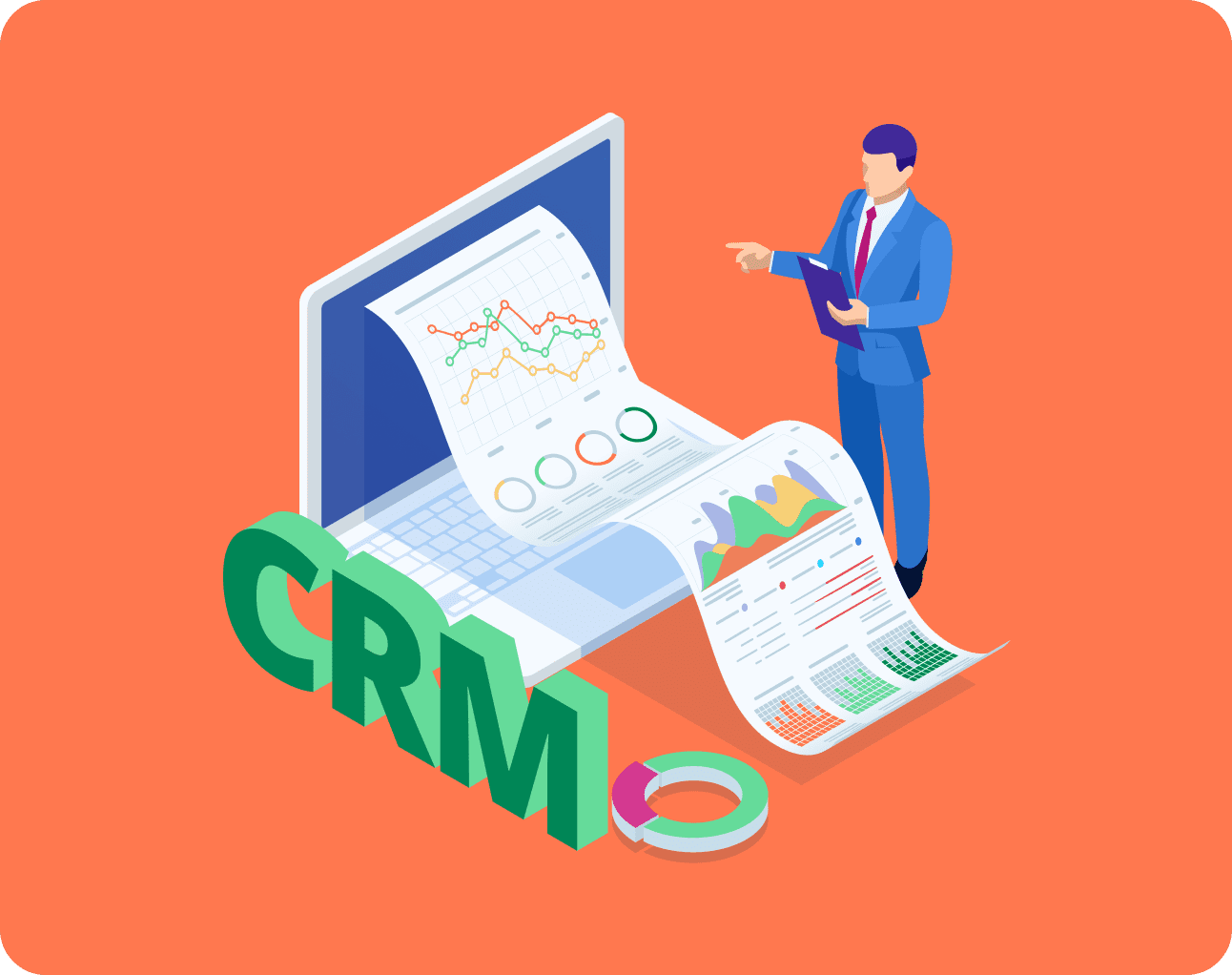
Boost Your Sales: The Power of CRM, Marketing Strategies, and Social Proof
In today’s competitive market, businesses are constantly seeking innovative strategies to attract customers, build brand loyalty, and ultimately, increase sales. The combination of Customer Relationship Management (CRM) systems, effective marketing tactics, and compelling social proof has emerged as a powerful force for achieving these goals. This comprehensive guide delves into the synergistic relationship between these three elements, providing actionable insights and strategies to help you transform your business and achieve sustainable growth.
Understanding the Fundamentals: CRM, Marketing, and Social Proof
Before we dive into the specifics, let’s establish a solid foundation by defining each component:
Customer Relationship Management (CRM)
At its core, CRM is a technology and strategy for managing all your company’s relationships and interactions with current and potential customers. The primary goal of a CRM system is to improve business relationships, retain customers, and drive sales growth. It achieves this by:
- Centralizing Customer Data: CRM systems store all customer information in a single, accessible location, providing a 360-degree view of each customer.
- Automating Processes: CRM automates repetitive tasks, such as sending emails, scheduling appointments, and tracking sales leads, freeing up your team to focus on more strategic initiatives.
- Improving Communication: CRM facilitates seamless communication across different departments, ensuring consistent messaging and personalized interactions.
- Enhancing Customer Service: CRM provides customer service representatives with the tools and information they need to resolve issues quickly and efficiently.
- Analyzing Data: CRM offers powerful analytics capabilities, allowing you to track key metrics, identify trends, and make data-driven decisions.
Marketing Strategies
Marketing encompasses all the activities a company undertakes to promote its products or services to potential customers. Effective marketing strategies are essential for generating leads, building brand awareness, and driving sales. Key marketing tactics include:
- Content Marketing: Creating and distributing valuable, relevant, and consistent content to attract and engage your target audience.
- Search Engine Optimization (SEO): Optimizing your website and content to rank higher in search engine results pages (SERPs), increasing organic traffic.
- Social Media Marketing: Leveraging social media platforms to connect with your audience, build brand awareness, and drive engagement.
- Email Marketing: Sending targeted emails to nurture leads, promote products or services, and build customer relationships.
- Paid Advertising: Utilizing paid advertising platforms, such as Google Ads and social media ads, to reach a wider audience and generate leads.
Social Proof
Social proof is a psychological phenomenon where people look to the actions of others to guide their own behavior. In a marketing context, social proof is the positive influence created when people see that others are using and enjoying a product or service. It builds trust, reduces risk perception, and encourages potential customers to make a purchase. Common forms of social proof include:
- Customer Reviews and Testimonials: Positive feedback from satisfied customers.
- Case Studies: Detailed accounts of how your product or service has helped other businesses.
- Social Media Mentions and Shares: Evidence of your brand being discussed and shared online.
- Influencer Marketing: Partnering with influencers to promote your product or service.
- Awards and Certifications: Recognition from industry organizations.
- Number of Customers/Users: Highlighting the popularity of your product/service.
The Synergistic Relationship: CRM, Marketing, and Social Proof in Action
The true power of these three elements lies in their ability to work together to create a cohesive and effective sales and marketing strategy. Here’s how they can be integrated:
1. CRM as the Foundation
Your CRM system serves as the central hub for all customer data. This data is invaluable for informing your marketing strategies and leveraging social proof effectively. Consider these points:
- Segmenting Your Audience: CRM allows you to segment your customer base based on demographics, purchase history, and behavior. This enables you to create highly targeted marketing campaigns that resonate with specific segments.
- Personalizing Marketing Messages: By understanding your customers’ preferences and needs, you can personalize your marketing messages, making them more relevant and engaging.
- Tracking Marketing Campaign Performance: CRM integrates with marketing automation tools, allowing you to track the performance of your campaigns, measure ROI, and make data-driven adjustments.
- Identifying Opportunities for Social Proof: CRM can help you identify satisfied customers who are willing to provide testimonials or participate in case studies. You can also track social media mentions and shares related to your brand.
2. Marketing Strategies Powered by CRM
CRM data fuels your marketing efforts, enabling you to create more effective campaigns. Here are some examples:
- Targeted Email Marketing: Use CRM data to create segmented email lists and send personalized email campaigns. For instance, if you know a customer recently purchased a specific product, you can send them a follow-up email with related product recommendations or exclusive offers.
- Personalized Website Content: Dynamically display content on your website based on the customer’s past behavior and preferences stored in your CRM.
- Social Media Advertising: Use CRM data to create custom audiences for social media advertising campaigns. Target specific demographics, interests, or behaviors to reach the right people with your ads.
- Lead Nurturing Campaigns: Automate lead nurturing campaigns based on lead behavior, such as website visits, email opens, and downloads. Guide leads through the sales funnel with relevant content and offers.
3. Leveraging Social Proof for Increased Conversions
Social proof is most effective when integrated seamlessly into your marketing and sales processes. Here’s how:
- Displaying Customer Reviews: Showcase customer reviews prominently on your website, product pages, and in your marketing emails. Positive reviews build trust and encourage potential customers to make a purchase.
- Sharing Case Studies: Create detailed case studies that highlight the success of your customers. Demonstrate how your product or service has helped them achieve their goals.
- Featuring Testimonials: Include customer testimonials on your website, in your marketing materials, and in your sales presentations.
- Highlighting Social Media Mentions: Share positive social media mentions and user-generated content on your website and social media channels.
- Using Influencer Marketing: Partner with relevant influencers to promote your product or service to their followers.
- Showcasing Awards and Certifications: Display any awards or certifications your company has received to build credibility and trust.
- Displaying the Number of Customers/Users: If appropriate, display the number of customers or users your product or service has to demonstrate its popularity.
Best Practices for Implementation
To maximize the impact of CRM, marketing, and social proof, consider these best practices:
1. Choose the Right CRM System
Select a CRM system that aligns with your business needs and goals. Consider factors such as:
- Scalability: Ensure the CRM can grow with your business.
- Integration Capabilities: Choose a CRM that integrates seamlessly with your existing marketing and sales tools.
- Ease of Use: Opt for a user-friendly CRM that your team can easily adopt.
- Reporting and Analytics: Select a CRM with robust reporting and analytics capabilities.
- Mobile Accessibility: Consider whether you need mobile access to your CRM data.
2. Develop a Comprehensive Marketing Strategy
Create a well-defined marketing strategy that encompasses all your marketing activities. This should include:
- Defining Your Target Audience: Clearly identify your ideal customer.
- Setting Marketing Goals: Establish specific, measurable, achievable, relevant, and time-bound (SMART) goals.
- Choosing the Right Marketing Channels: Select the marketing channels that are most effective for reaching your target audience.
- Creating High-Quality Content: Develop engaging and valuable content that resonates with your audience.
- Tracking and Measuring Results: Monitor the performance of your marketing campaigns and make adjustments as needed.
3. Collect and Showcase Social Proof Effectively
Actively seek out and leverage social proof to build trust and increase conversions. Consider these tactics:
- Asking for Reviews and Testimonials: Proactively request reviews and testimonials from satisfied customers.
- Making it Easy to Leave Reviews: Provide simple and convenient ways for customers to leave reviews, such as sending automated email requests.
- Monitoring Social Media: Track social media mentions of your brand and engage with your audience.
- Using Social Proof on Your Website: Strategically display social proof elements on your website, such as customer reviews, testimonials, and case studies.
- Highlighting Positive Media Coverage: Share any positive media coverage your company receives.
4. Train Your Team
Ensure your team is trained on how to use your CRM system, implement your marketing strategies, and leverage social proof effectively. This includes:
- CRM Training: Provide comprehensive training on how to use the CRM system to manage customer data, automate processes, and track performance.
- Marketing Training: Educate your team on your marketing strategies, including content creation, SEO, social media marketing, and email marketing.
- Sales Training: Train your sales team on how to use social proof to build trust and close deals.
5. Continuously Analyze and Optimize
Regularly analyze the performance of your CRM, marketing campaigns, and social proof efforts. Identify areas for improvement and make adjustments as needed. This includes:
- Analyzing CRM Data: Review your CRM data to identify trends, customer behavior patterns, and opportunities for improvement.
- Tracking Marketing Campaign Performance: Monitor the performance of your marketing campaigns, such as website traffic, lead generation, and conversions.
- Measuring Social Proof Effectiveness: Track the impact of your social proof efforts, such as the number of reviews, testimonials, and social media mentions.
- Making Data-Driven Decisions: Use your data and analysis to make informed decisions about your CRM, marketing, and social proof strategies.
Real-World Examples of Success
To illustrate the power of CRM, marketing, and social proof, let’s examine some real-world examples:
Example 1: E-commerce Retailer
An e-commerce retailer uses a CRM system to track customer purchase history, browsing behavior, and demographics. They segment their customer base into different groups based on their buying habits. They send targeted email campaigns to each segment, offering personalized product recommendations and exclusive discounts. They also display customer reviews and testimonials on their product pages, which significantly increases their conversion rates. By combining CRM, targeted marketing, and social proof, the retailer sees a substantial increase in sales and customer loyalty.
Example 2: Software-as-a-Service (SaaS) Company
A SaaS company uses a CRM system to manage leads and track their progress through the sales funnel. They create a content marketing strategy to attract potential customers, including blog posts, ebooks, and webinars. They use social media to share their content and engage with their audience. They also feature customer testimonials and case studies on their website to demonstrate the value of their product. By integrating CRM, content marketing, and social proof, the SaaS company generates a large number of leads, converts them into paying customers, and builds a strong brand reputation.
Example 3: Local Service Provider
A local service provider, such as a plumber or electrician, uses a CRM system to manage customer appointments, track service requests, and send follow-up emails. They use local SEO to improve their search engine rankings and attract customers in their area. They encourage customers to leave reviews on Google My Business and other online platforms. They also showcase these positive reviews on their website. By leveraging CRM, local SEO, and social proof, the service provider builds a strong online presence, attracts new customers, and increases their revenue.
Challenges and How to Overcome Them
While the combination of CRM, marketing, and social proof offers significant benefits, there are also potential challenges. Here’s how to overcome them:
1. Data Privacy and Security
Data privacy and security are paramount. Ensure your CRM system and marketing practices comply with all relevant data privacy regulations, such as GDPR and CCPA. Implement strong security measures to protect customer data. Be transparent with your customers about how you collect, use, and protect their data.
2. Data Silos
Data silos can hinder your ability to get a complete view of your customers. Integrate your CRM system with your marketing and sales tools to ensure that data flows seamlessly between them. This will allow you to create a unified view of each customer and personalize your interactions. Utilize robust APIs and data connectors to facilitate seamless data exchange.
3. Lack of Team Buy-In
It’s essential to get buy-in from your team on your CRM, marketing, and social proof strategies. Provide training and support to help them understand the importance of these strategies and how to use them effectively. Communicate the benefits of these strategies to your team and encourage them to participate. Celebrate successes and acknowledge the contributions of team members.
4. Measuring ROI
Measuring the return on investment (ROI) of your CRM, marketing, and social proof efforts can be challenging. Implement robust tracking and analytics to monitor the performance of your campaigns and measure their impact. Use data to make informed decisions and optimize your strategies. Regularly analyze your data and identify areas for improvement.
5. Maintaining Consistency
Consistency is key to success. Ensure that your CRM, marketing, and social proof efforts are consistent across all channels. Use a consistent brand voice and messaging. Provide a consistent customer experience across all touchpoints. Regularly review and update your strategies to ensure they remain relevant and effective.
Conclusion: The Future of Business is Customer-Centric
In conclusion, the integration of CRM, marketing strategies, and social proof is no longer optional; it’s essential for success in today’s competitive landscape. By leveraging these three elements effectively, businesses can build strong customer relationships, drive sales growth, and establish a lasting brand reputation. Embrace a customer-centric approach, invest in the right tools and strategies, and continuously analyze and optimize your efforts to stay ahead of the curve. The future of business belongs to those who prioritize customer satisfaction and build authentic connections.




